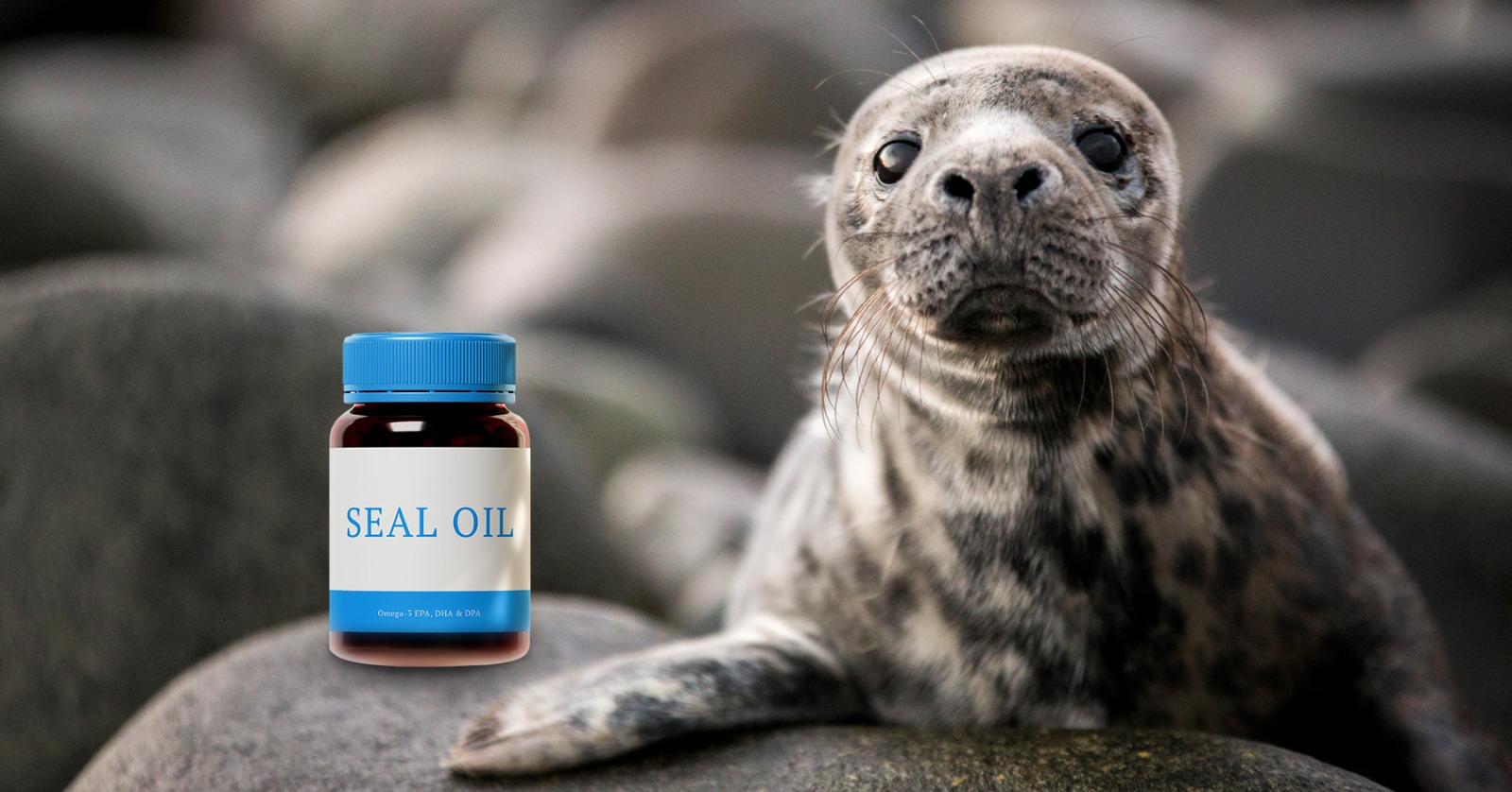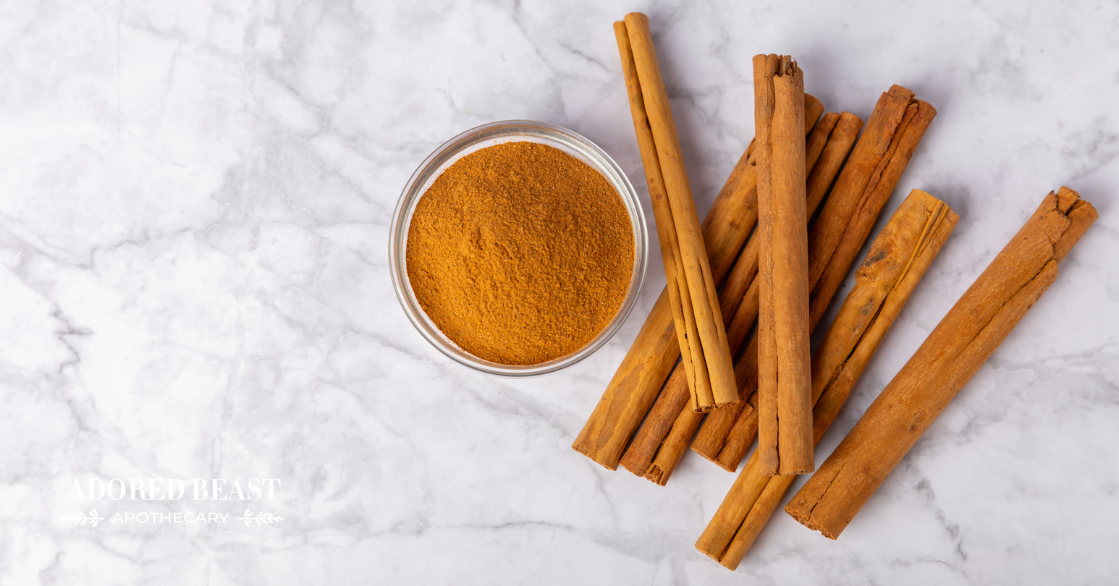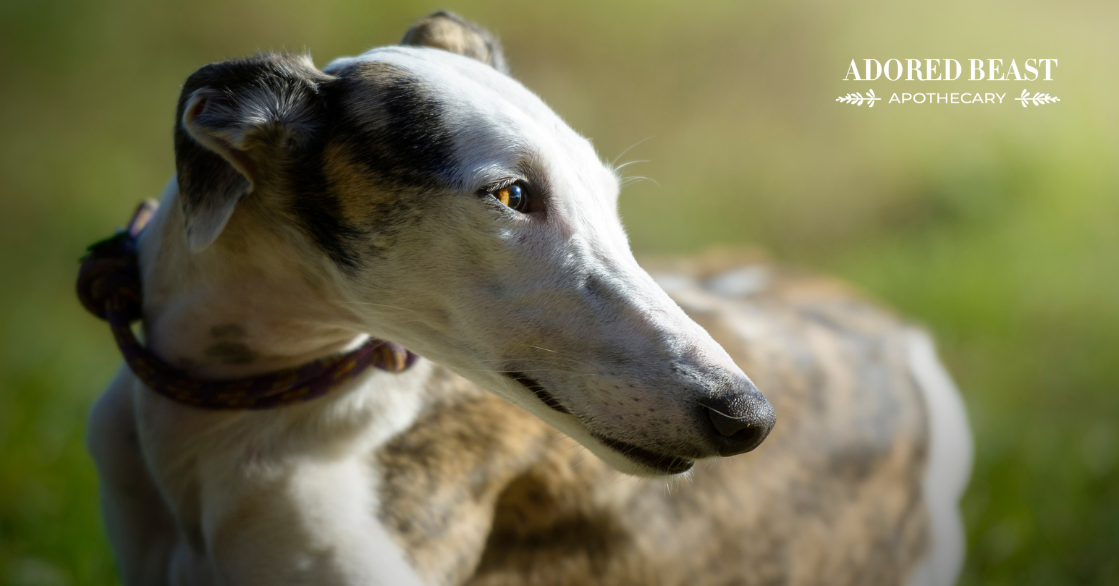In his total commitment to nonviolence, Gandhi always included the animals, stating, “The greatness of a nation and its moral progress can be judged by the way its animals are treated.”
Since I was a child, Earth Day has always been very special to me. My mother instilled in me a deep, profound respect for the earth and all of her inhabitants, and that has followed me all throughout my life.
And every day, not just on Earth Day, I think about how the ways we live impact the planet.
But on Earth Day, I always try to think about the bigger picture, and how we can influence each other to make a change. How we can drive change through education and awareness, and how together we can all make a difference.
This blog is hard to read. But it is so, so important. While I always think about the positive ways in which we can, together, make a difference, sometimes we need to consider the negative aspects that drive that change.
And for me, recently (and long-standing) is the seal hunt and the commercial seal industry…
Saving the Seals
When we think of our dogs and cats as family members, we sometimes forget that other mammals have some of the strongest of family ties. Seals are the closest water mammal to our dogs. They live on land in packs and have and protect and nurture their pups much like our domestic dogs. They are not vegetarian like cows or sheep.
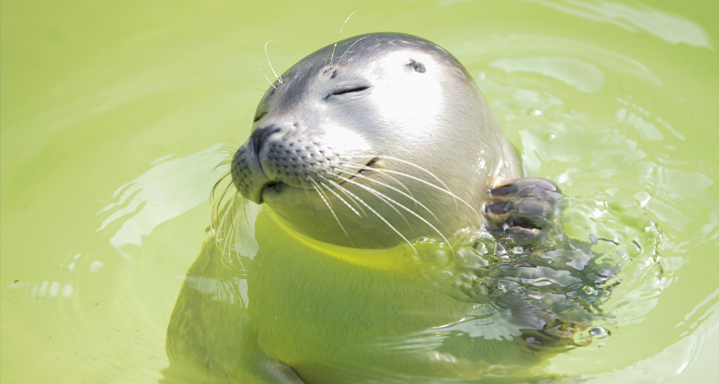
When I was a child, I would go door to door campaigning to stop the seal hunt. I became very passionate about it at a very young age.
In the 1950s and ’60s, over-hunting had reduced the harp seal population by as much as 60%. And scientists, researchers, animal activists, and others, banded together to fight it.
By the early 1970s, those voices could no longer be ignored, and Canadian government scientists were warning that the population could be lost altogether if commercial sealing was not suspended for at least a decade. And the world spoke up. In the 1980s, the European Union banned the import of whitecoat seal skins, effectively removing the principal market for the hunt at the time. For the next decade, the numbers of seals killed in the hunt dramatically declined and the harp seal population began to recover.
Since that time, numerous countries, including the United States, have put bans in place regarding the importation of seal products because of the unethical nature of the industry.
But money talks. And talk it did, unfortunately.
By the 1990s, the Canadian government (quietly) rejuvenated the commercial seal hunt by offering massive subsidies. And with nearly one million seal pups killed in the past five years alone, we can only wonder what the impact will be on the harp seal population in coming years. Scientists have already sounded the alarm regarding the poor science used by the Canadian government to set quotas for the number of seals killed.
In 2007, Mary Richardson, a Canadian veterinary expert in humane slaughter methods, concluded that the commercial seal hunt is inherently inhumane because of the environment in which it operates and the speed at which the killing must be conducted.
Yet it still continues, largely unchecked.
Sadly, Canada’s annual commercial seal hunt is the largest slaughter of marine mammals on the planet.
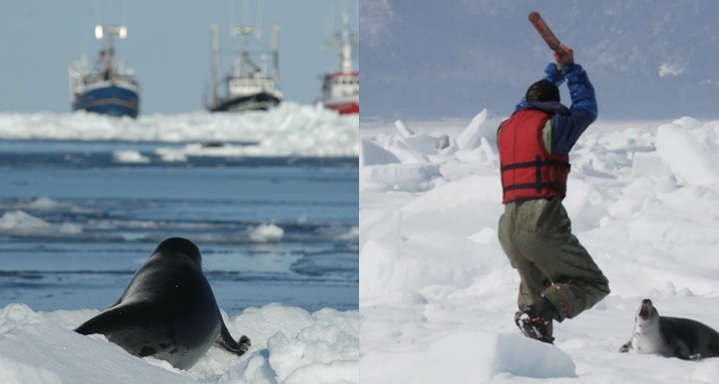
Harp seals are the primary target of the commercial seal hunt, and to a much smaller extent, hooded seals are also killed. Fully 97% of the harp seals killed are pups under just three months of age.
That’s, in my opinion, disgusting. And I know I’m not alone.
Today, the commercial seal industry is growing. And that includes as part of the pet industry. Seal oil is now being promoted as a “sustainable” source of omega 3s, as an alternative to fish oil. When your dog (or you) consume seal oil, you are literally consuming a mammal that is a carnivore much like your dog! And this marketing of seal oil is done without thought or care for the welfare of the animals, or the impact this wholesale slaughter has on the planet as a whole…
The Ripple Effect is Very Real, and It’s Already Happening
In the circle of life, seals are the primary food source for a variety of species, most importantly, the polar bear. But with the seal hunt continuing to leave fewer and fewer seals available, coupled with the melting of the ice, polar bears are literally starving to death.
The loss of sea ice has been dramatic.
Researchers have been studying polar bears in the Beaufort Sea area since the 1980s. Their most recent population estimate indicates the polar bear population has declined by about 40% over the past decade.
They notes, ”We’ve been documenting declines in polar bear survival rates, body condition, and population numbers over the past decade,” he said. “This study identifies the mechanisms that are driving those declines by looking at the actual energy needs of polar bears and how often they’re able to catch seals.”
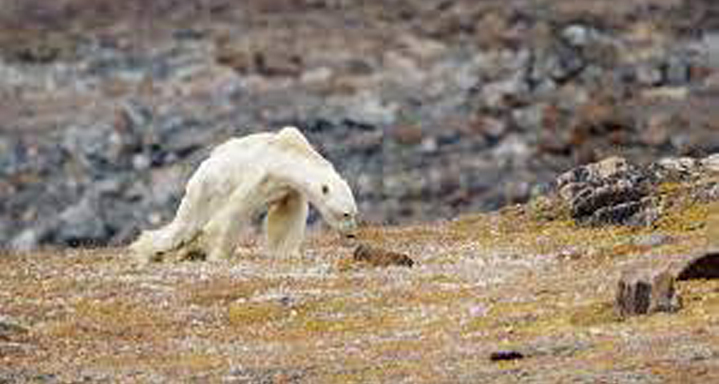
And if the seal hunt continues, that ability will continue to decline.
Orca populations are also affected.
Take J17 as an example. J17 is a West Coast female killer whale who has been on scientists’ radar for several years because of how skinny she is — and it’s only getting worse.
New aerial photos show that the orca, who’s part of J pod and B.C.’s endangered southern resident killer whale population, has lost a significant amount of body fat since last fall.
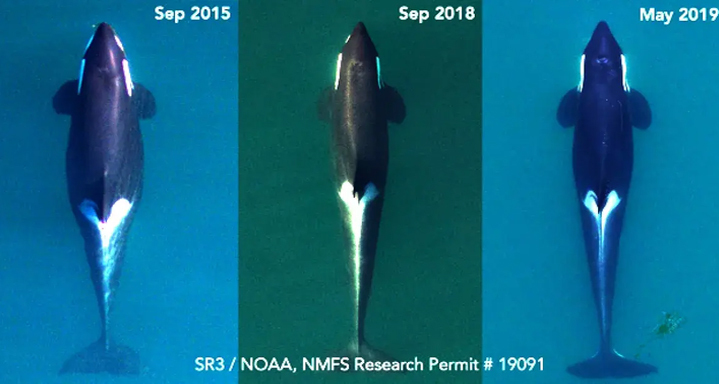
But it isn’t just J17. In total, orca populations are declining around the world. For example, only 73 southern resident orcas remain along the Pacific coast of Oregon, Washington and British Columbia. That’s a very small number.
Of course, this is all coupled with the effects of fishing. Entanglements in fishing gear and other factors are stunting the growth of North Atlantic right whales. This is leaving these critically endangered whales smaller and more vulnerable to other threats, new research shows.
Does it not make sense, knowing that animals are dying in great numbers, to then stop taking away their food source??
I didn’t want my message this Earth Day to be a bleak one, but as I found myself contemplating what to share with you, I kept coming back to these startling facts. The world is relying on us to stand up and make a change. If we continue on this path, we’re committing these animal populations to a cruel and unnecessary fate. The responsibility lies with us.
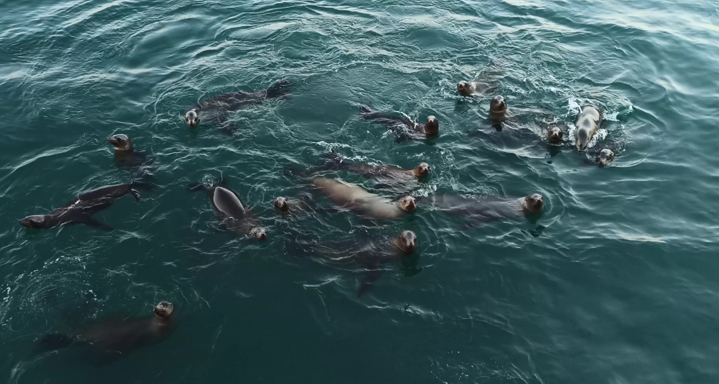
On this Earth Day, we’ll talk about plastic waste, and maybe about the death and extinction of our orca whales and polar bears, but on top of this I want to ask you a very important question: Does the seal hunt support the moral greatness of this nation, your nation? You be the judge!
**Please note, this is my opinion. I know that I am joined by many veterinarians and ethical groups, but I always – no matter what – support and suggest people get their own unbiassed information. Turn to the scientists, biologists, and veterinarians that have nothing to gain from the seal oil industry. The information is out there, so speak with your wallet and do your own research!

